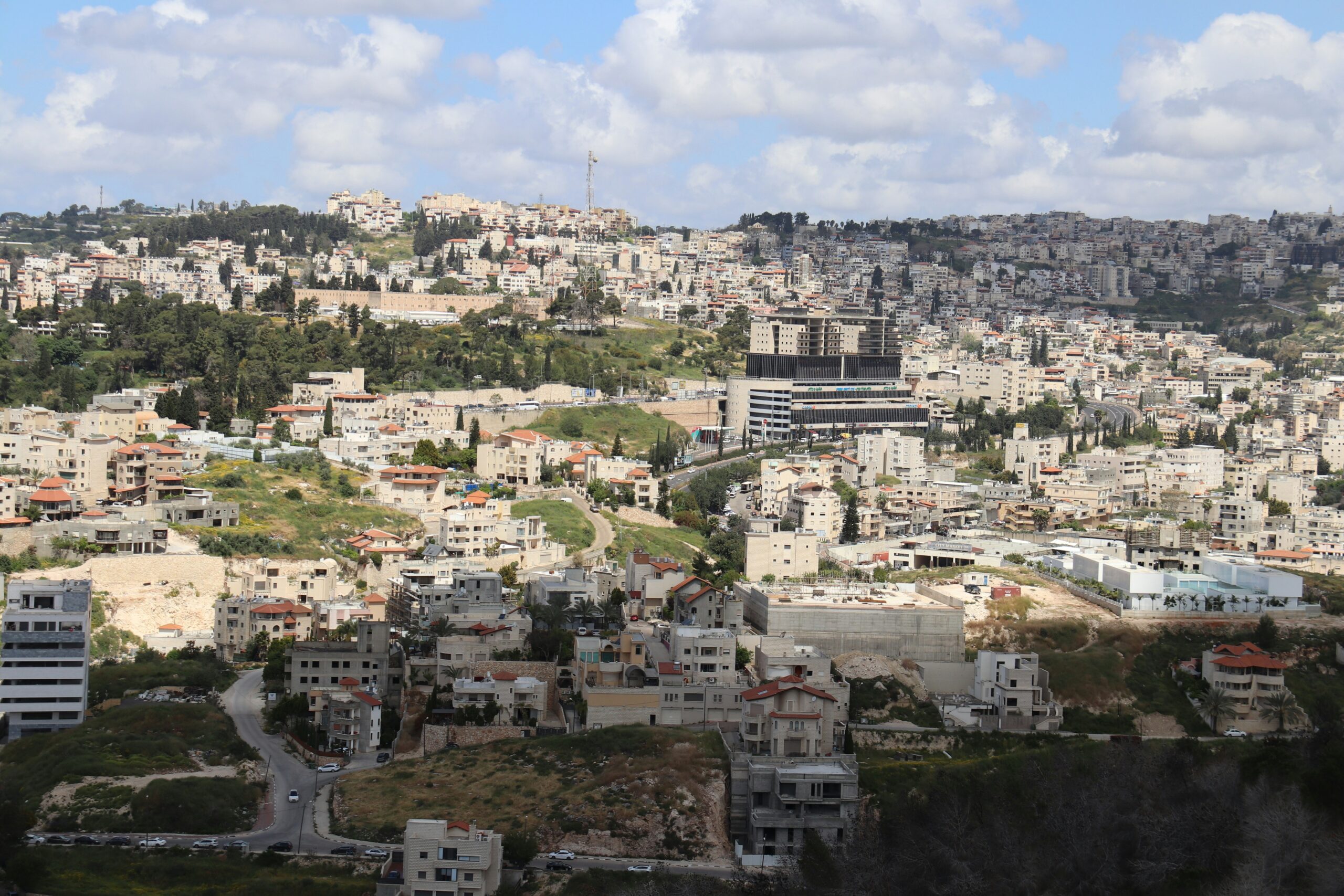
In a move that has escalated tensions and drawn global criticism, Israel has announced plans to construct thousands of new homes in the E1 area of the occupied West Bank, a decision that many say undermines the viability of a future Palestinian state. This development, which aims to connect East Jerusalem with the large settlement of Maale Adumim, has reignited concerns over the feasibility of a two-state solution in the region.
Key Facts
- Israel’s Finance Minister Bezalel Smotrich publicly declared the advancement of the E1 settlement project, stating it effectively ends the prospect of a Palestinian state.
- The plan involves building over 3,400 homes on land that is crucial for the territorial continuity of any future Palestinian state.
- International bodies and numerous countries have condemned the move as a blatant breach of international law and a major obstacle to peace.
Background
The E1 settlement plan has been a subject of international dispute for many years, shelved repeatedly due to pressure from Israel’s allies, including the United States and European countries. The area is seen as essential for the geographic continuity of a Palestinian state, linking the northern and southern parts of the West Bank through East Jerusalem. The reactivation of this plan has been met with severe criticism, highlighting potential violations of international law and the threat it poses to regional stability.
International Reactions
Responses from around the world have been predominantly adverse, with many nations and international organizations voicing their disapproval:
- Palestine: Officials have expressed that this move, coupled with ongoing conflict and violence, risks further instability and escalation.
- Qatar and Saudi Arabia: Both nations condemned the plans, emphasizing the violation of international norms and the threat to peace.
- European Union: EU officials have criticized the decision, pointing out its contravention of international law and its potential to disrupt the two-state solution.
- United Nations: UN spokespersons have urged Israel to reconsider its decision, highlighting the settlements’ illegality under international law.
- United States: While the US has historically been a close ally of Israel, its response has been muted, focusing instead on broader regional stability and peace efforts.
What’s Next
As the international community reacts to Israel’s controversial plan, the future of the West Bank remains uncertain. The widespread condemnation might influence further diplomatic actions and discussions at international forums such as the United Nations. However, the immediate impact on the ground suggests a continued tension and potential for increased conflict in the region.
The global community continues to watch closely, as the decisions made regarding the E1 settlement could have lasting implications for peace and stability in the Middle East.


